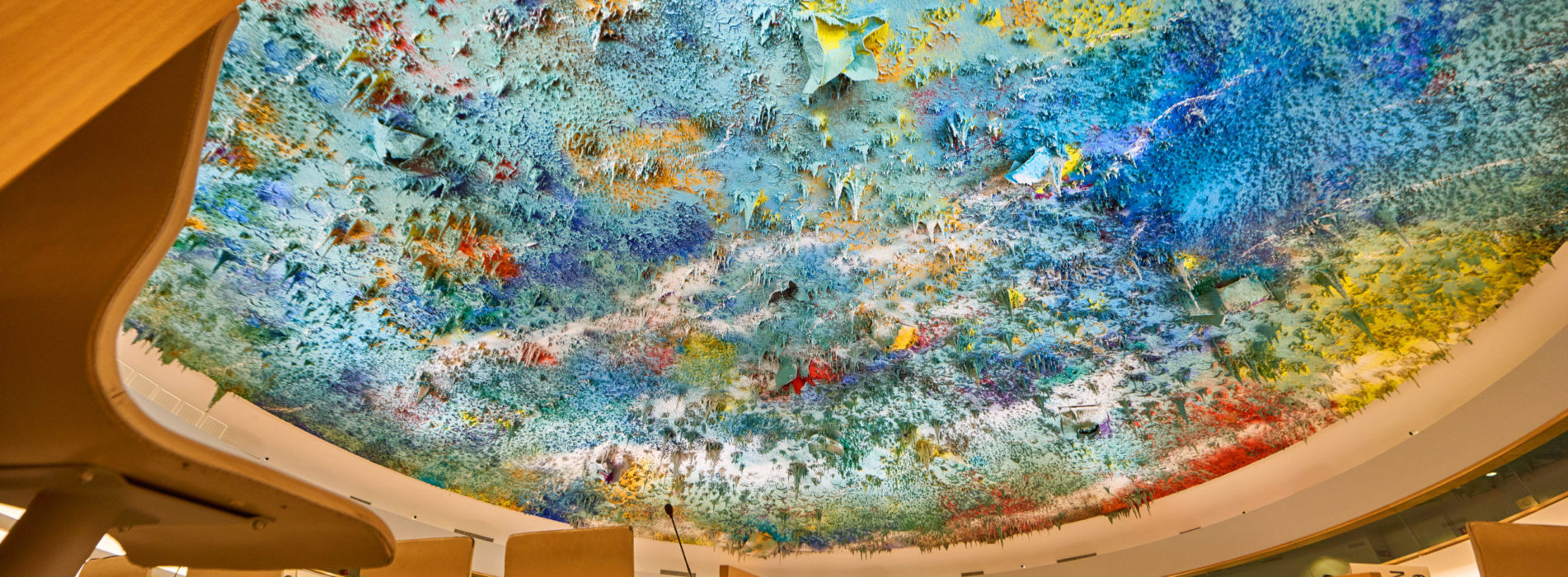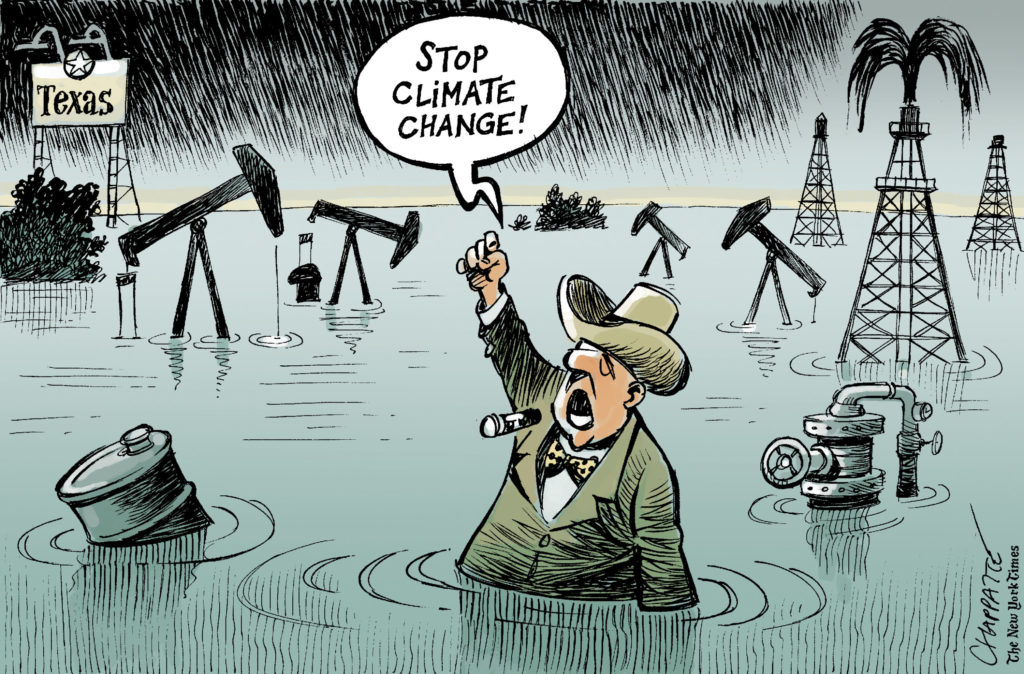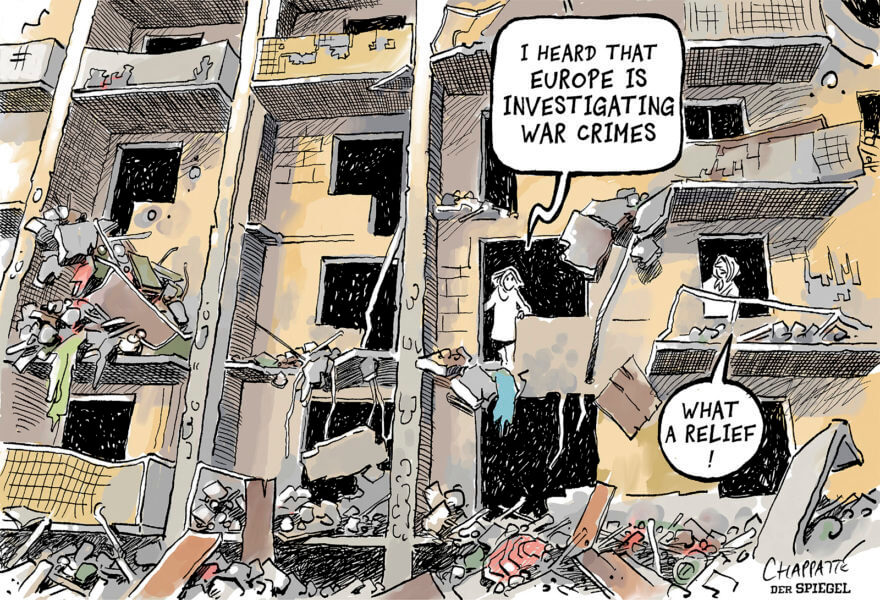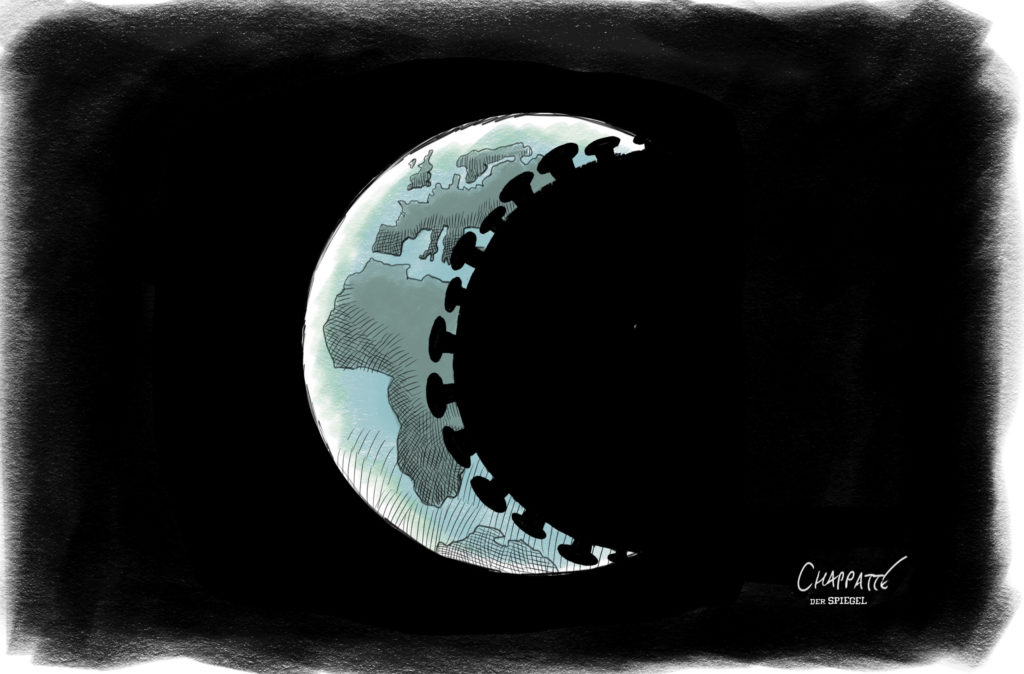Human Rights: The State of the Art
BOX: The Mission of the Geneva Human Rights Platform
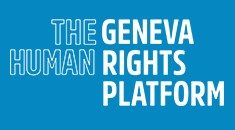
Geneva is the world capital of human rights. Over 1000 UN staff, about 300 independent UN experts and 250 NGO representatives work throughout the year on human rights issues. At the time of the main annual conferences, such as sessions of the Human Rights Council or the Forum on Business and Human Rights, some additional thousand participants will again join in to the debates, with the current COVID pandemic easing.
The mechanisms for accountability on human rights matters at the UN’s disposal include the UN Human Rights Council as the main political UN organ dealing with human rights, and the UN Treaty Bodies (TBs), which are committees of independent experts, tasked with overseeing the implementation of the nine core human rights conventions by those UN members states who have ratified the conventions.
Yet, in particular this expert system is in need of reform. Numerous cycles of strengthening efforts could not keep pace with the growth of the system and the persistent shortcomings of its functioning. Since the establishment of the first human rights treaty body in 1970, the TBs, for various reasons, have faced several types of significant and complex challenges. Most strikingly, what is referred to as the “Treaty Body System” has never been designed as one coherent system, but treaty bodies grew in number to ten as of today, their creation being in most cases directly stipulated by the relevant treaty in isolation of the existing “system”. This has led to a challenge as per the coherence of those bodies’ work. Substantively, several provisions in the nine treaties and nine optional protocols overlap. The challenge of overlap is compounded when treaty bodies have different approaches to identical human rights challenges in their recommendations. Despite the fact that nine of the ten treaty bodies have similar functions, they all maintain different working methods and rules of procedure, in spite of years of sustained efforts for harmonisation.
The Geneva Human Rights Platform (GHRP), created in January 2018 at the Geneva Academy, provides a network for the emergence and dissemination of innovative solutions to current challenges of the global human rights system. Its instruments include policy research and events in different formats – from public and web-cast conferences, to expert round-tables, to private meetings for the UN’s human rights experts that sit on the oversight mechanisms of the Human Rights Conventions, or hold so-called Special Rapporteur mandates.
Additionally, the platform provides a horizontal link between Geneva-based actors, as it has become evident that discussions proceed too often in parallel silos without profiting from potential synergies. Linking discussions from Geneva to New York and other international hubs is an additional area of development of this platform. Most recent developments include additional outreach and service functions, via the creation of an online community of practice for the use of UN human rights experts and the piloting of so-called focused reviews in country, creating direct interaction between the UN human rights accountability system and national actors.
This is completed by a training hub, providing practitioners from states and civil society the necessary knowledge and tool for an effective engagement with those UN human rights mechanisms, which is in the end the very reason and legitimation for the mechanisms’ existence.
Felix Kirchmeier
Manager of Policy Studies and Executive Director of the Geneva Human Rights Platform
